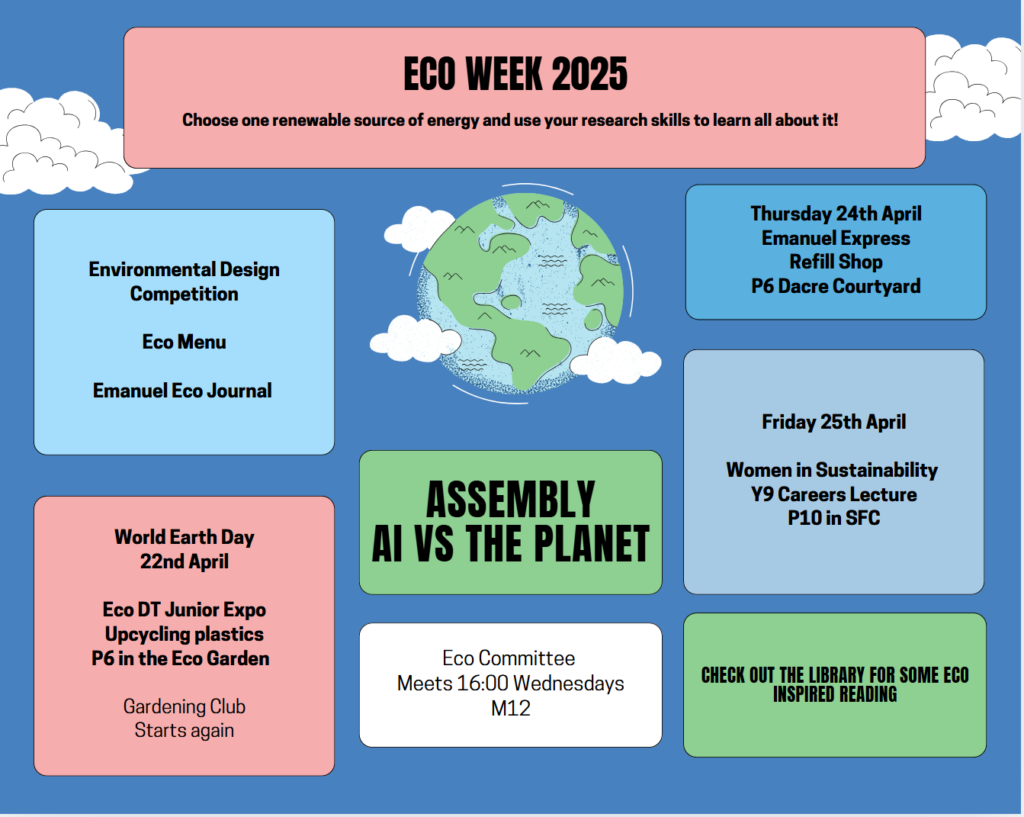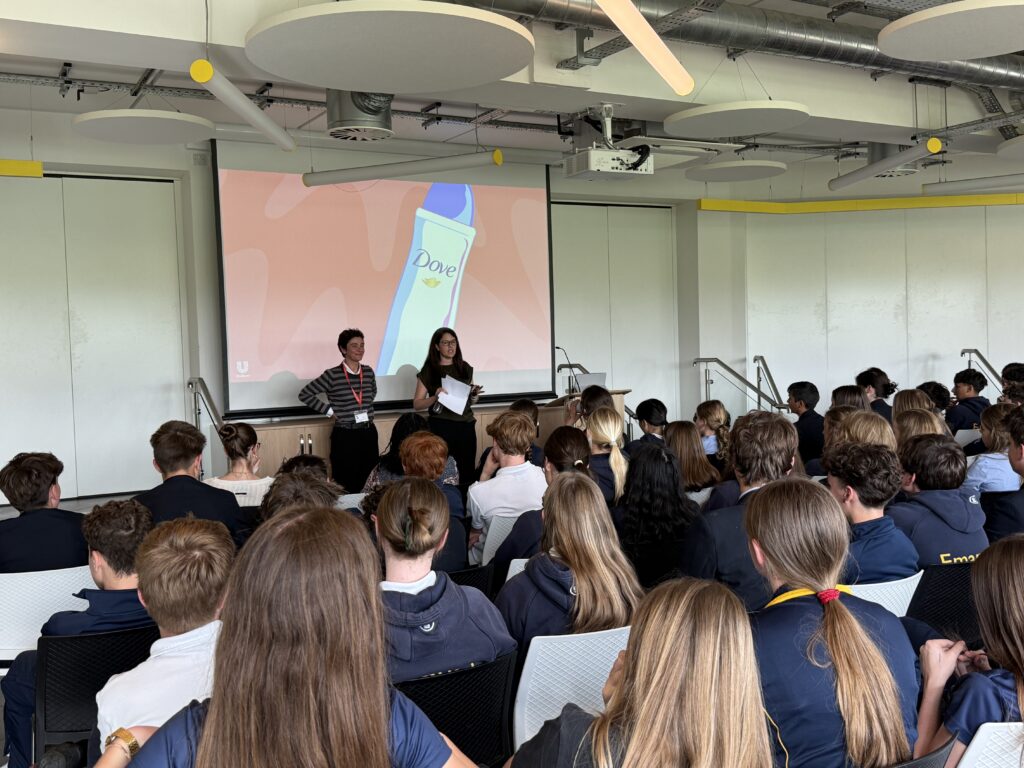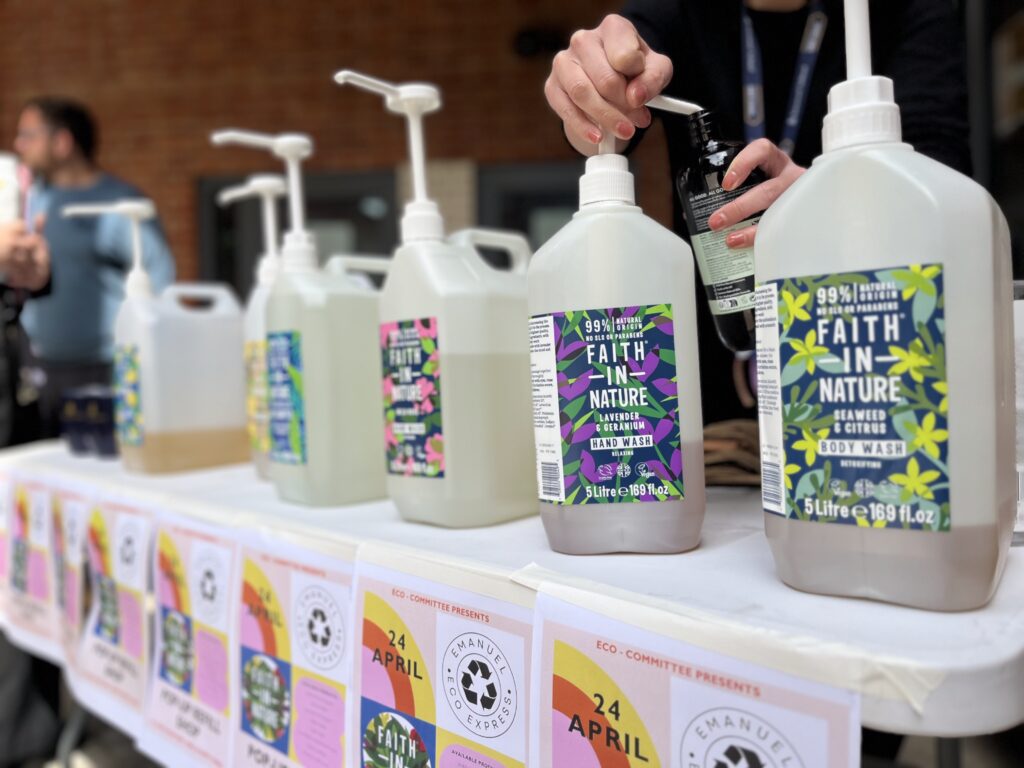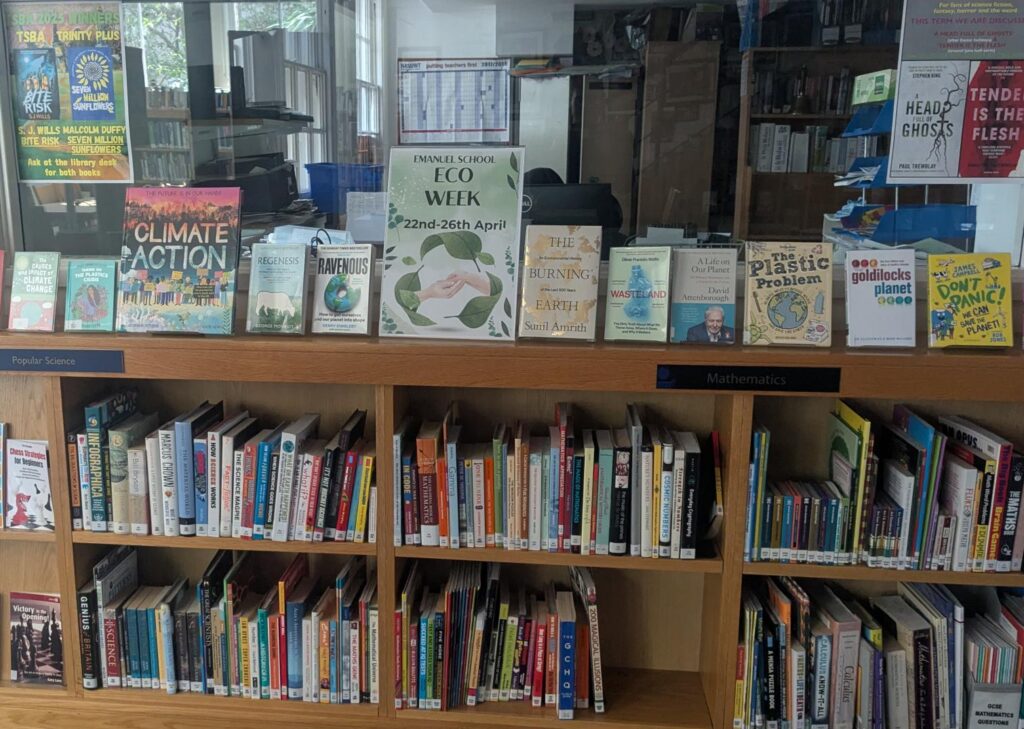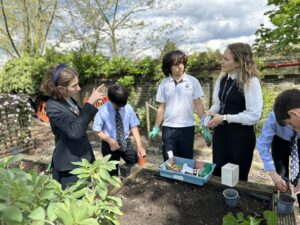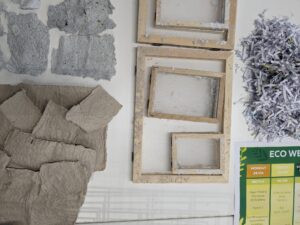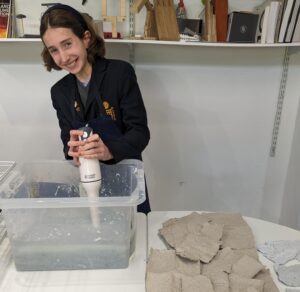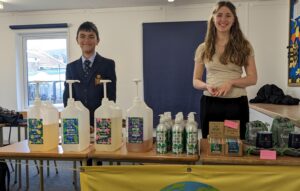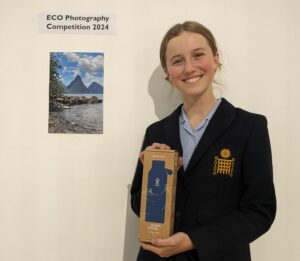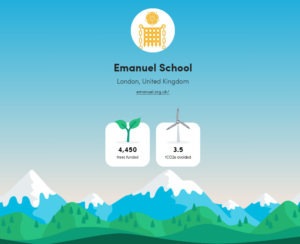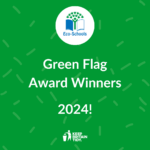GENERAL WASTE
Waste arrives at the Energy from Waste facility (EfW).
Waste is fed into the combustion chamber, where the waste is burnt at around 850°C.
The ash created in the chamber known as IBA (Incineration Bottom Ash) is taken for recycling, where this can be used as for road surfacing.
The flue gases are treated to remove toxins and then removed off site.
The power and steam generated is used to power the plant, which in turn generates green electricity which is distributed to the National Grid.
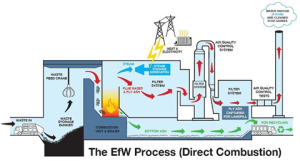
ENVIRONMENTAL MIXED RECYCLING
Waste arrives at the Material Recovery Facility (MRF) Materials are hand picked and sorted, removing contamination and nonrecyclables.
Card and paper is separated.
Metals are removed by large magnets.
Aluminium cans are separated out.
Glass bottles and jars are separated and finely crushed.
The remaining plastics are separated and baled accordingly.

WHAT HAPPENS WHEN GENERAL WASTE AND RECYCLING IS COLLECTED ON THE SAME VEHICLE?
If there is an occasion where the general waste and recycling waste is collected from site on the same vehicle, this will get transported back to the transfer station.
This is then either manually sorted before entering the MRF (Mixed Recycling Facility), or picked via the facility (depot dependant).
The MRF has the ability to process large variety of wet and dry materials using innovative technology.
The waste is then processed as the normal process.

FOOD WASTE
Waste arrives at the Anaerobic Digestor and is loaded into the plant.
Waste is then macerated in oxygen free tanks.
Biogas is created from the food waste which is broken down by microorganisms.
Digestate is created and sent out to farmland.
Biogas is cleaned and reprocessed to power the plant.

WOOD WASTE
Waste arrives at the Anaerobic Digestor and is loaded into the plant.
Waste is then macerated in oxygen free tanks.
Biogas is created from the food waste which is broken down by microorganisms.
Digestate is created and sent out to farmland.
Biogas is cleaned and reprocessed to power the plant.

GLASS WASTE
Waste received at MRF Gets pre-treated and removes any paper, plastic and metal.
Gets sorted by colour.
Waste is then crushed, melted and moulded into new products.
Glass does not degrade through the recycling process so it can be recycled again and again.

CONFIDENTIAL WASTE
Confidential waste is collected from site, in a secure vehicle and transported to the shredding facility.
The material is shredded in accordance with GDPR Regulations.
The materials is baled and tied and sent off to be repurposed into new paper products.
